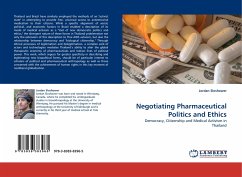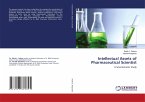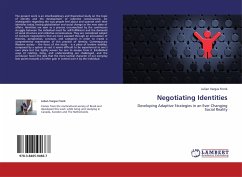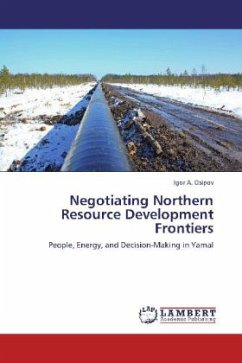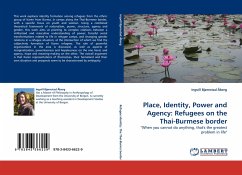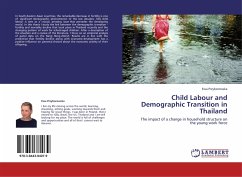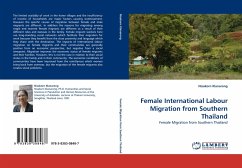Thailand and Brazil have similarly employed the methods of an "activist state" in attempting to provide free, universal access to antiretroviral medication to their citizens. While a specific alignment of social, political, and economic factors in Brazil enabled a description of its mode of medical activism as a "tool of new democratic politics and ethics," the divergent nature of these forces in Thailand problematize not only the extension of this description to Thai AIDS activism, but also the relationship between democracy and "biological citizenship." Through ethical processes of legitimation and delegitimation, a complex web of actors and technologies mediates Thailand's ability to alter the global therapeutic economy of pharmaceuticals and redraw lines of political power. This work, which argues for greater specificity in describing and legitimating new biopolitical forms, should be of particular interest to scholars of political and pharmaceutical anthropology as well as those concerned with the achievement of human rights in this key moment of neoliberal globalization.
Bitte wählen Sie Ihr Anliegen aus.
Rechnungen
Retourenschein anfordern
Bestellstatus
Storno

